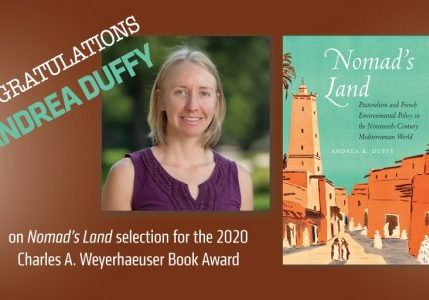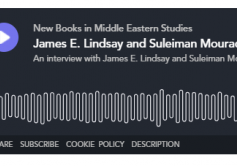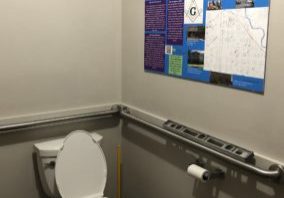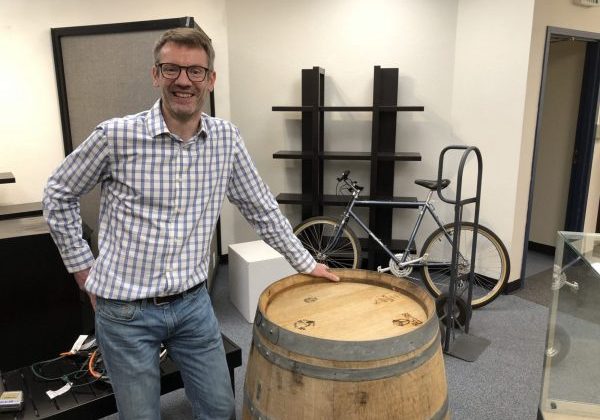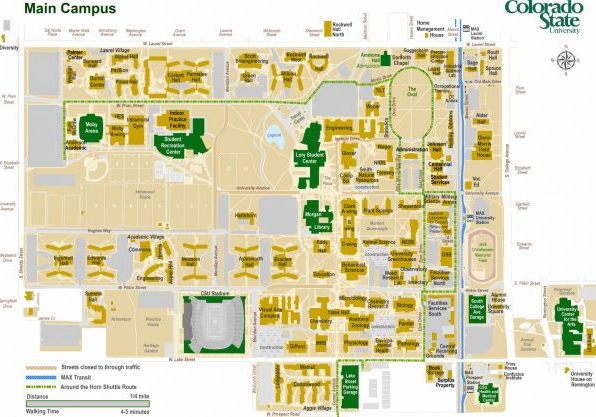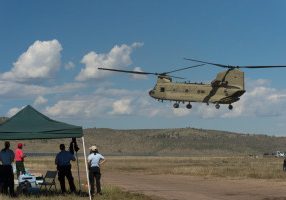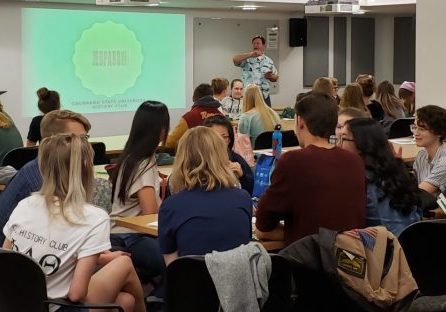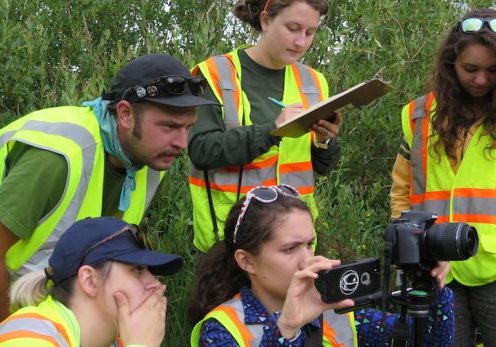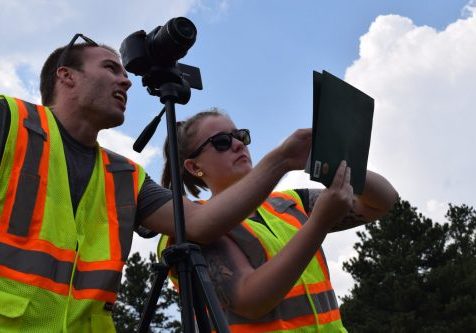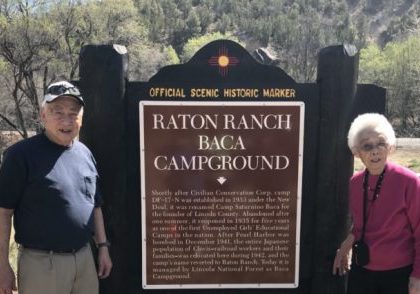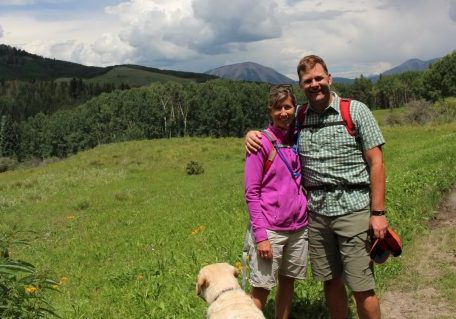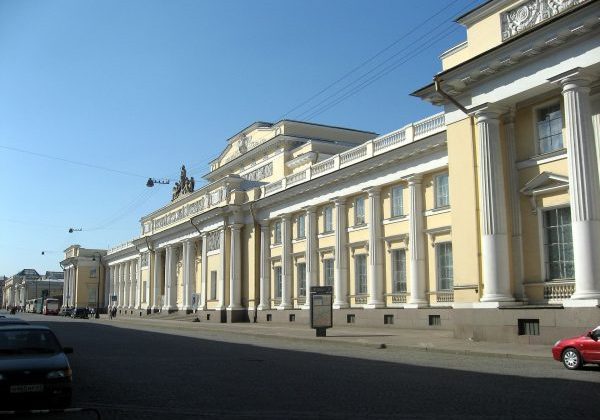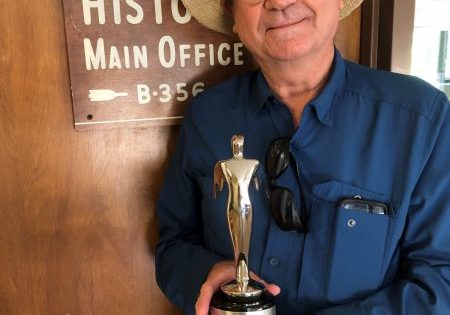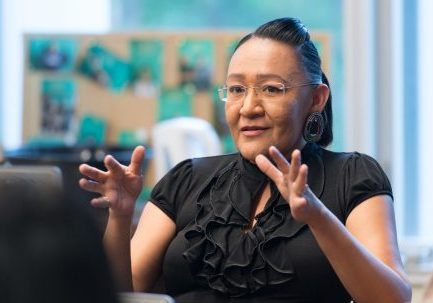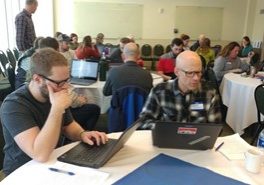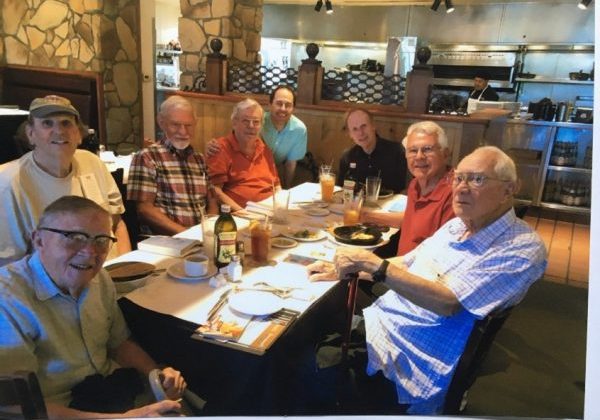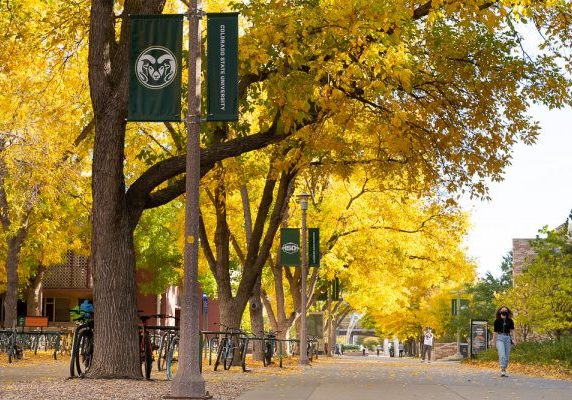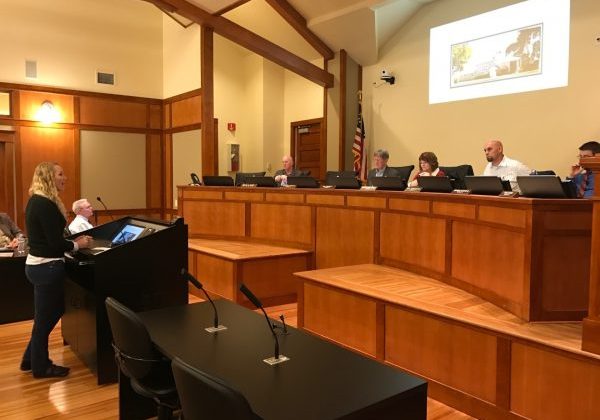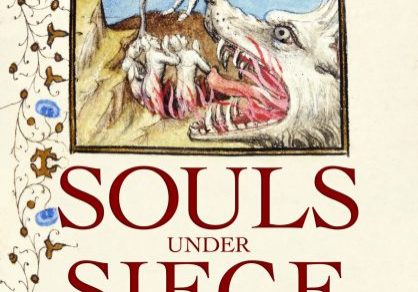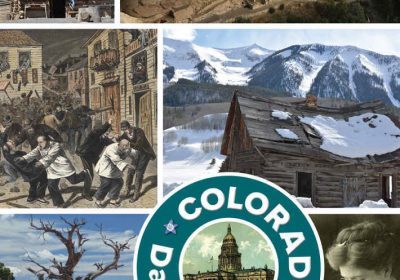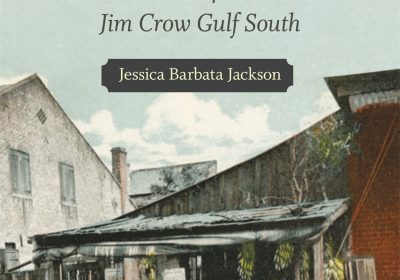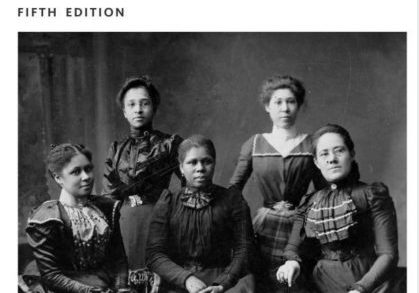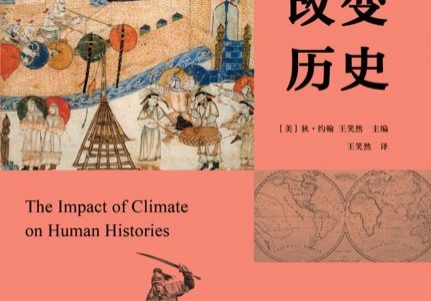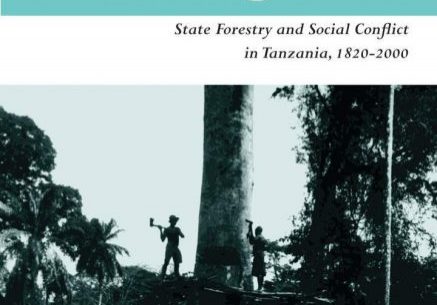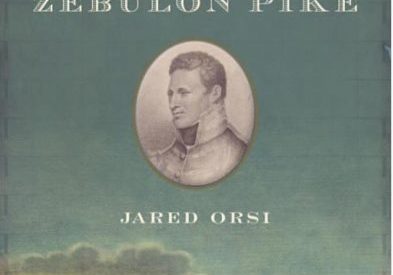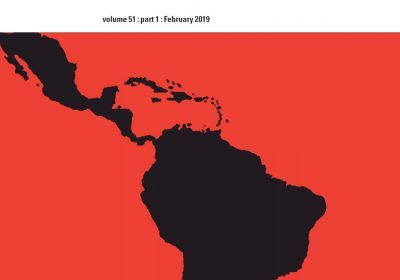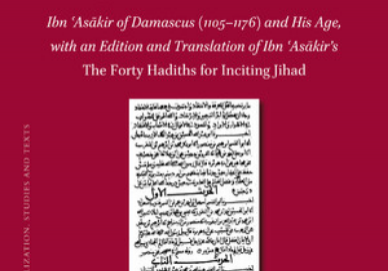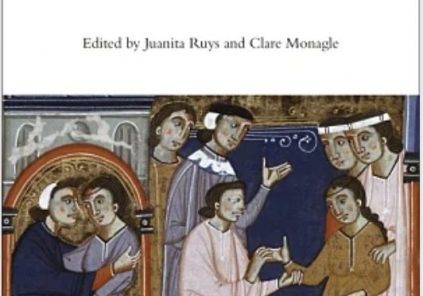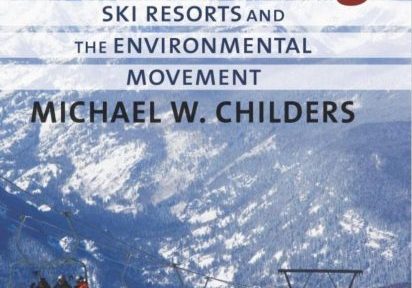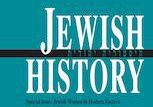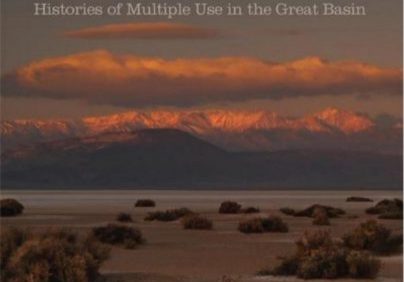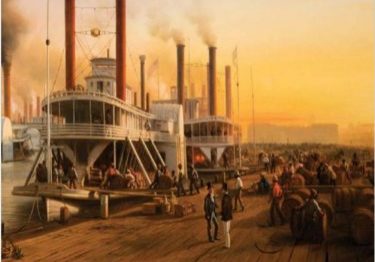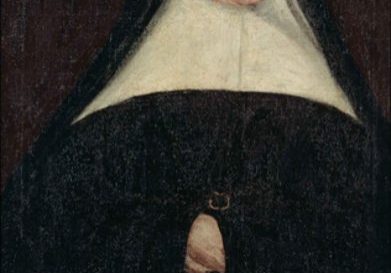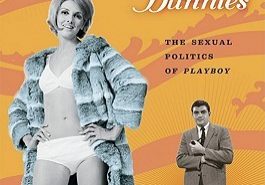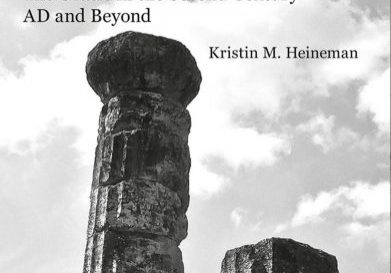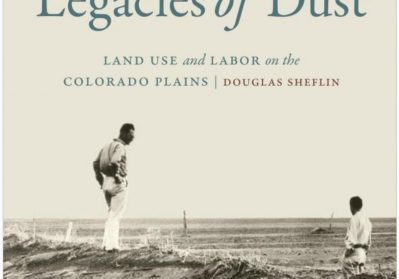Department Research

Why Historical Research Matters
Recent Research & Outreach Projects by Faculty & Students
In the News
Recent Books & Publications
Souls under Siege: Stories of War, Plague, and Confession in Fourteenth-Century Provence
Nicole Archambeau explores how the inhabitants of southern France made sense of the ravages of successive waves of plague, the depredations of mercenary warfare, and the violence of royal succession during the fourteenth century.
Read MoreColorado Day by Day
Colorado Day by Day is an engaging, this-day-in-history approach to the key figures and forces that have shaped Colorado from ancient times to the present. Historian Derek R. Everett presents a vignette for each day of the calendar year, exploring Colorado’s many facets through distilled tales of people, places, events, and trends. Entries incorporate tales […]
Read MoreDixie’s Italians: Sicilians, Race, and Citizenship in the Jim Crow Gulf South
Dixie’s Italians is the first book-length study of Sicilians and other Italians in the Jim Crow Gulf South. Through case studies involving lynchings, disenfranchisement efforts, attempts to segregate Sicilian schoolchildren, and turn-of-the-century miscegenation disputes, Jackson explores the racial mobility that Italians and Sicilians experienced. Depending on the location and circumstance, Italians in the Gulf South […]
Read MoreBooks & Publications
New Books Network Interviews Dr. Duffy on her Recent Publication
Tune in here to listen to Dr. Andrea Duffy’s podcast interview with Matthew Brown, New Books Network Host. Chronicling the retreat of mobile pastoralization from Mediterranean coastlines, Andrea Duffy’s Nomad’s Land: Pastoralism and French Environmental Policy in the Nineteenth-Century Mediterranean World (U Nebraska Press, 2019) investigates a mystery: where did the sheep go? Duffy seeks the answer by […]
Read MoreMajor Problems in American Women’s History
Designed to encourage critical thinking about history, the Major Problems in American History series introduces students to both primary sources and analytical essays on important topics in U.S. history. Major Problems in American Women’s History is the leading reader for courses on the history of American women, covering the subject’s entire chronological span. While attentive […]
Read More气候改变历史 (The Impact of Climate on Human Histories)
环境历史学突破了传统史学的地域界限,让人回归到自然中,研究人与自然之间的互动关系和由此产生的人类历史。《气候改变历史》一书遴选了气候影响历史的代表性文章,话题涉及全球范围。以环境历史的开山人埃尔斯沃斯·亨廷顿(EllsworthHuntington
Read MoreWielding the Ax: State Forestry and Social Conflict in Tanzania, 1820-2000
Forests have been at the fault lines of contact between African peasant communities in the Tanzanian coastal hinterland and outsiders for almost two centuries. In recent decades, a global call for biodiversity preservation has been the main challenge to Tanzanians and their forests. Thaddeus Sunseri uses the lens of forest history to explore some of […]
Read MoreCitizen Explorer: The Life of Zebulon Pike
It was November 1806. The explorers had gone without food for one day, then two. Their leader, not yet thirty, drove on, determined to ascend the great mountain. Waist deep in snow, he reluctantly turned back. But Zebulon Pike had not been defeated. His name remained on the unclimbed peak-and new adventures lay ahead of […]
Read More“Public Opinion and Modernity in Venezuela’s Anti-Corruption Trials, 1945-1948” in the Journal of Latin American Studies vol. 51
This article explores the reasons why the most important anti-corruption campaign in twentieth-century Venezuela failed to win sustained support. Employing a constructivist approach to historical actors’ understandings of corruption, it analyses the debates that erupted when the Acción Democrática (Democratic Action, AD) party prosecuted 167 former officials for illicit enrichment. The ensuing debate demonstrates that […]
Read MoreThe Intensification and Reorientation of Sunni Jihad Ideology in the Crusader Period
The Intensification and Reorientation of Sunni Jihad Ideology in the Crusader Period examines the important role of Ibn ʿAsākir, including his Forty Hadiths for Inciting Jihad, in the promotion of a renewed jihad ideology in twelfth-century Damascus as part of sultan Nūr al-Dīn’s agenda to revivify Sunnism and fight, under the banner of jihad, Crusader […]
Read More“From Yao to Now: Daoism and the Imperialization of the China/Southeast Asia Borderlands” in Asian Ethnicity vol. 18
This article investigates the adoption of Daoist ritual among the Yao peoples in South China and mainland Southeast Asia. The Song Dynasty imperial court patronized new Daoist ritual traditions that harnessed martial deities such as the Thunder Gods. Although these traditions were mostly southern in origin, it is not until the Qing dynasty that we […]
Read More“Medical and Scientific Understandings of Emotion” in A Cultural History of Emotions in the Medieval Age (350-1350)
Between 350 CE and 1300 CE, the many changes taking place, especially the Carolingian Renaissance and the emergence of universities, had a significant impact on medical and scientific (or natural philosophical) views of emotion. One of the most important trends over these centuries was an attempt to articulate the causes of emotions and their various […]
Read MoreColorado Powder Keg: Ski Resorts and the Environmental Movement
Downhill skiing is a vital economic engine for many communities in the Rocky Mountain states, attracting 20 million skier days per season. Colorado is by far the most popular destination, with more than two dozen major ski resorts creating a thriving industry that adds billions to the state’s coffers. But, many ask, at what cost […]
Read More“Building an Ecclesiastical Real Estate Empire in Late Imperial China” in The Catholic Historical Review, vol. 104
This article examines the French Catholic missionaries’ property acquisitions in late imperial China. It traces the historical trajectory leading up to the construction of the Sacred Heart Cathedral in Guangzhou and the purchase of real estate in the neighborhood surrounding it. It argues that while colonialism contributed greatly to the creation of a real estate […]
Read More“The Toiling froy and the Speculating yidene: Discourses of Female Productivization in the Soviet Shtetl,” Jewish History vol. 33
Despite the fact that Jewish women statistically outnumbered men in the former market towns of the Soviet Union, the discourse of the “new Jew” in the 1920s and 1930s focused overwhelmingly on the Jewish male and was debated primarily by men. This article explores what the restructuring of the economic base of the shtetl meant […]
Read MoreThe Size of the Risk: Histories of Multiple Use in the Great Basin
The Great Basin, a stark and beautiful desert filled with sagebrush deserts and mountain ranges, is the epicenter for public lands conflicts. Arising out of the multiple, often incompatible uses created throughout the twentieth century, these struggles reveal the tension inherent within the multiple use concept, a management philosophy that promises equitable access to the […]
Read MoreSteamboats and the Rise of the Cotton Kingdom
The arrival of the first steamboat, The New Orleans, in early 1812 touched off an economic revolution in the South. In states west of the Appalachian Mountains, the operation of steamboats quickly grew into a booming business that would lead to new cultural practices and a stronger sectional identity. In Steamboats and the Rise of […]
Read MoreThe Many Captivities of Esther Wheelwright
An eye-opening biography of a woman at the intersection of three distinct cultures in colonial America Born and raised in a New England garrison town, Esther Wheelwright (1696–1780) was captured by Wabanaki Indians at age seven. Among them, she became a Catholic and lived like any other young girl in the tribe. At age twelve, […]
Read MoreBachelors and Bunnies: The Sexual Politics of Playboy
Even at the height of Playboy magazine’s popularity and influence, its readers tended to be a bit sheepish about it. “I only read it for the articles,” was the common refrain—and there’s some truth to it, as no one would deny that Playboy’s articles, interviews, and fiction have always been top-notch. But Carrie Pitzulo thinks […]
Read MoreThe Decadence of Delphi: The Oracle in the Second Century AD and Beyond
Examining the final years of Delphic consultation, this monograph argues that the sanctuary operated on two connected, yet distinct levels: the oracle, which was in decline, and the remaining religious, political and social elements at the site which continued to thrive. In contrast to Delphi, other oracular counterparts in Asia Minor, such as Claros and […]
Read MoreLegacies of Dust: Land Use and Labor on the Colorado Plains
The Dust Bowl of the 1930s was the worst ecological disaster in American history. When the rains stopped and the land dried up, farmers and agricultural laborers on the southeastern Colorado plains were forced to adapt to new realities. The severity of the drought coupled with the economic devastation of the Great Depression compelled farmers […]
Read More


